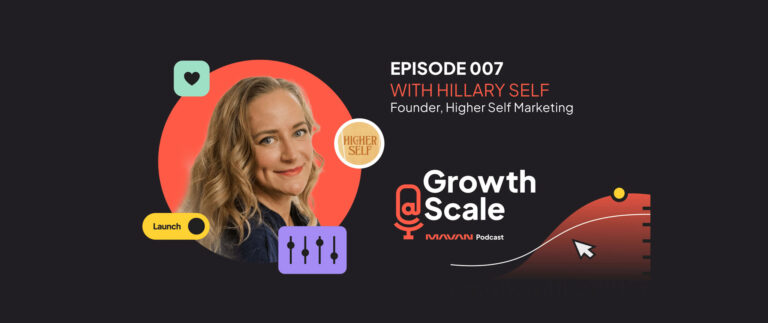Merch Worth Having, Events Worth Going to
In the latest episode of Growth@Scale, entrepreneur Jeremy Leal shares invaluable experiential marketing strategies. From defining precise audience personas to creating lasting brand impressions through merchandise and innovative influencer collaborations, discover the key elements to crafting unforgettable, measurable experiences for your audience.

